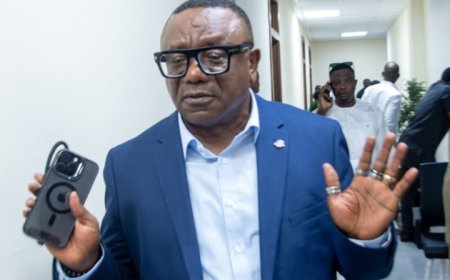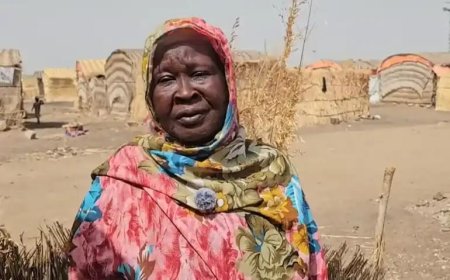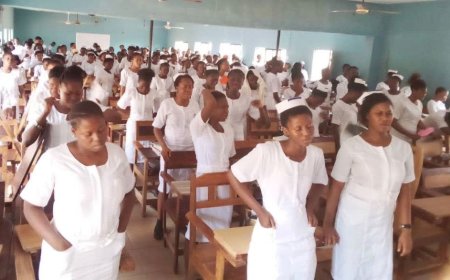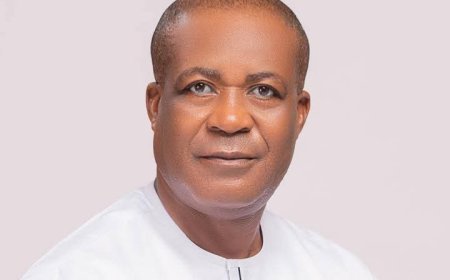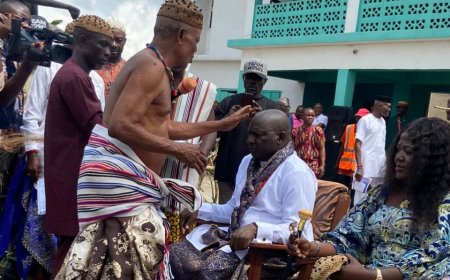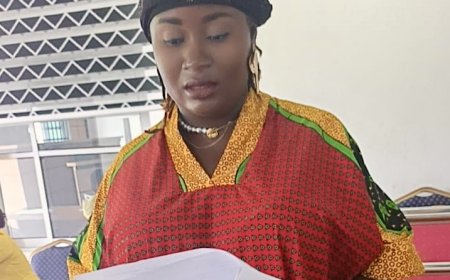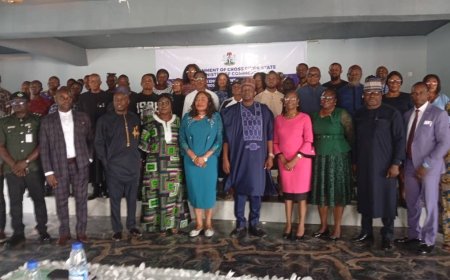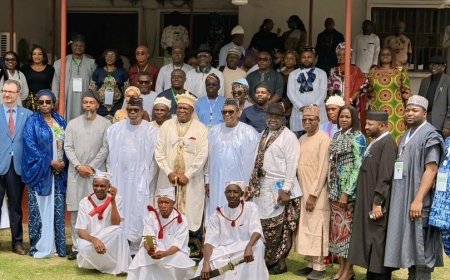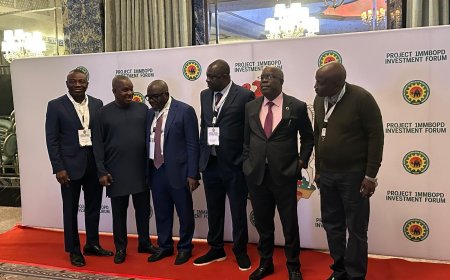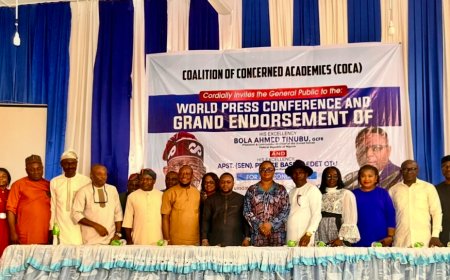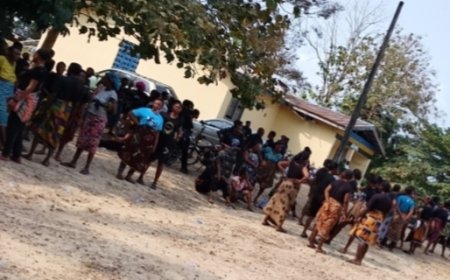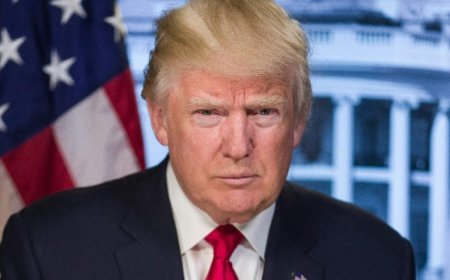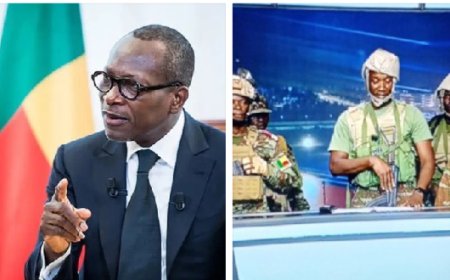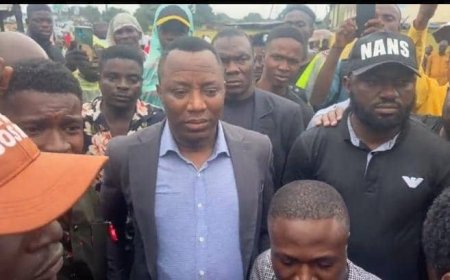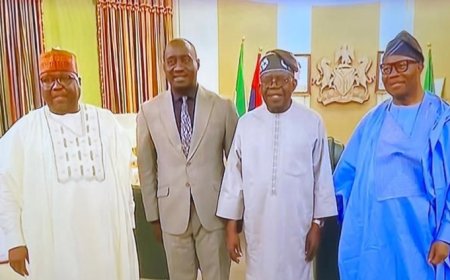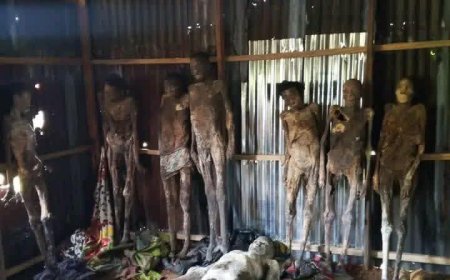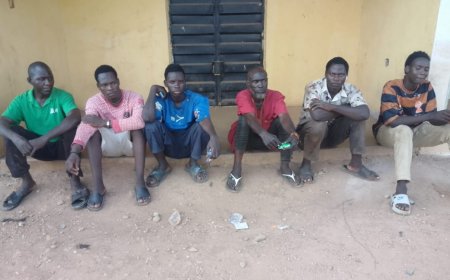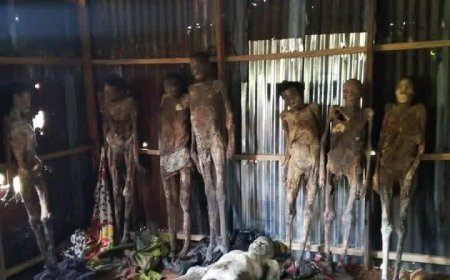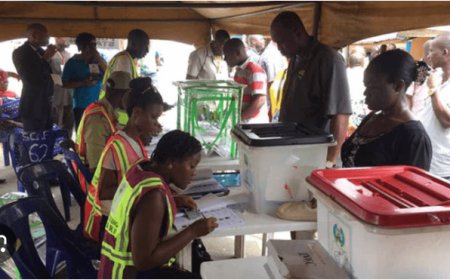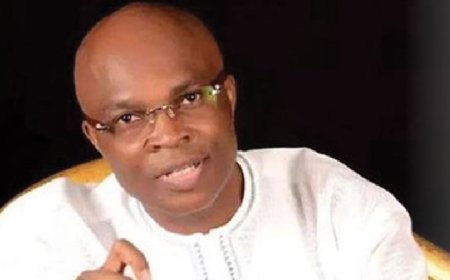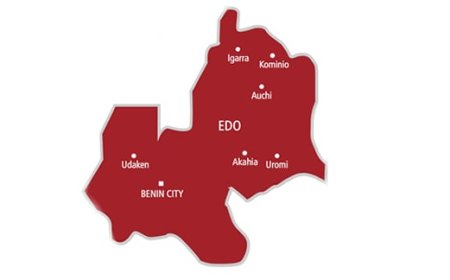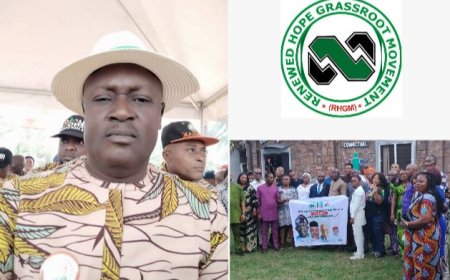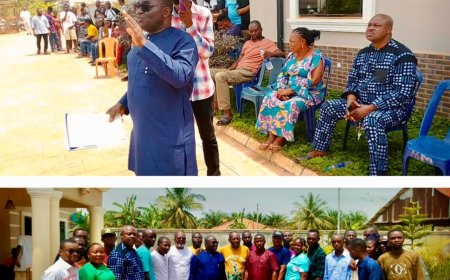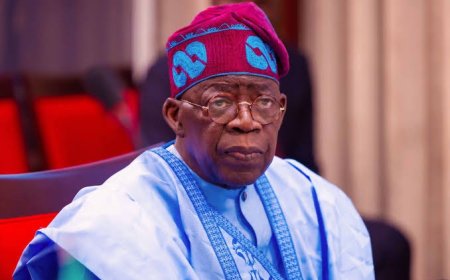WHEN THE SILENCE BROKE: THE LIFE AND DEATH OF MUHAMMADU BUHARI
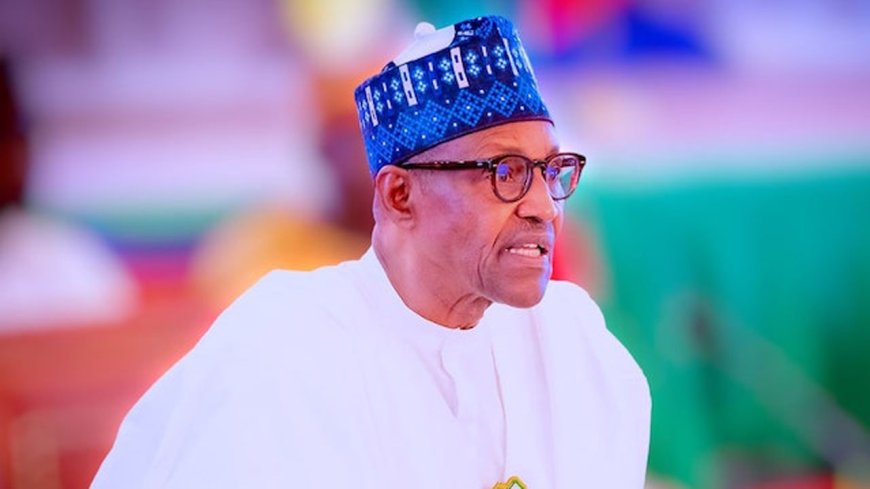
By Anthony EKPO BASSEY
I was not born when Muhammadu Buhari first held Nigeria by the collar in 1983 but the past speaks if you are willing to listen. The old ones tell it in fragments, in sighs and unfinished sentences, in stories passed like family heirlooms, tales of fear, folded newspapers, curfews, and a country shivering under military boots. The history books too, stiff with dust and truth, describe a regime that came like the harmattan; dry, harsh, and unapologetically cold.
He came in through a coup, carrying the promise of sanity after years of political madness. But what he brought was not balm, it was the belt. They say discipline reigned, yes, but so did dread. There was something steel-boned about his rule. People stood straighter, talked softer, feared louder. There were queues at the bus stops, soldiers with whips in public places, and a silence in the media so loud you could hear it crack. Nigeria was ordered, but not fed. Patriotic, but not free.
Economically, the ground trembled. The Naira bent its back and never quite stood straight again. Civil liberties were locked in cells alongside journalists, musicians, and men with too many opinions. It was a time when the law moved like a bulldozer, unbothered by tears, blind to nuance. And then, just as suddenly as he came, he was gone. Swept away by another soldier in another uniform, into the quiet of the northern plains.
But Nigeria is a place where the past is never past. In 2015, decades after khaki had given way to democracy, the General returned. This time wrapped in agbada and ballot blessings. The people, tired of democracy’s crooked dancers, reached for the man they remembered as firm, incorruptible, unbending. Sai Baba! they cried, hoping again. Hoping always.
Yet, hope is not a budget. And nostalgia does not fix potholes. His second coming felt like the old wine had only changed bottles. The economy groaned under a new weight with recessions, joblessness, and a Naira so frail it could hardly whisper. Insecurity blossomed into full-grown chaos. Farmers fled. Schools closed. Whole villages vanished. And amid all this, the man Nigerians elected to be present was often absent.
The President who championed self-reliance could not rely on the hospitals of the country he ruled. Time and again, his jet lifted toward London, where his doctors waited and ushered him into a medical facility with soft beds, clean walls and steady light. Back home, pregnant women died in darkness. Cancer patients lay on bare mattresses. Children coughed in overcrowded wards with no oxygen. For eight long years, the President flew to England while hospitals back home decayed like forgotten fruits. He had the power. He had the time. But the hospitals remained graveyards.
And now, he is gone. Not in Daura, not in Abuja, but in that same London where his body sought refuge while his people suffered. A quiet exit in a foreign bed, far from the sunburnt soil that gave him everything. It stings. That a man who ruled twice, who held the country with both sword and scepter, should die away from it. No matter how soft the sheets, exile is exile.
And so what do we remember? A man of integrity, yes. A man who meant well, perhaps. But also a man who was too far from the fire to feel the burn. A man who saw the country’s sickness, but never built the cure. His reigns, both of them, were marked by austerity and silence. A stern face for a suffering people. Discipline, but not development. Order, but not vision.
Now, his chapter is closed. The earth will take him, the history books will sort him. But we who remain must speak plainly. Nigeria deserved more. It still does.
Rest in peace, General. You carried the nation, but dropped its heart.
